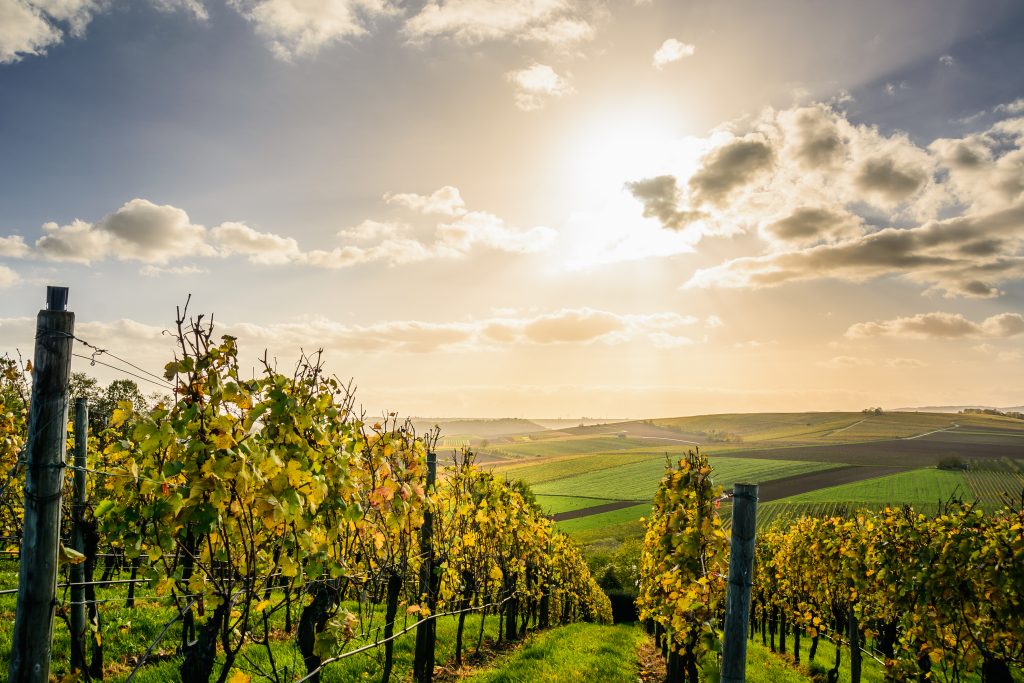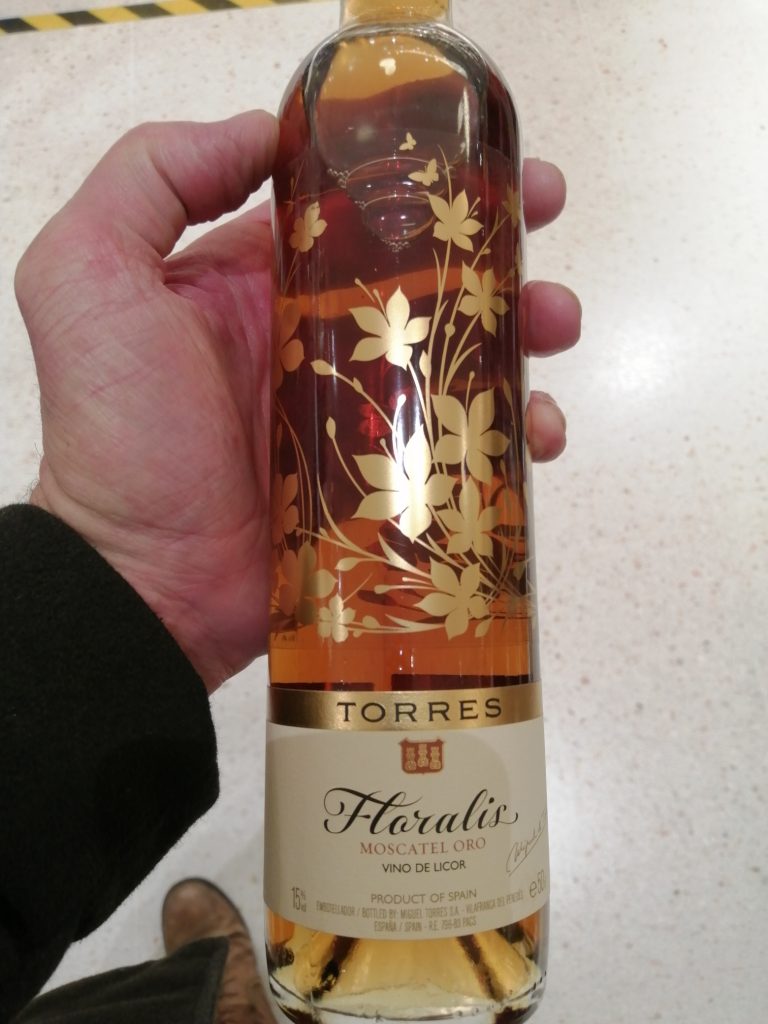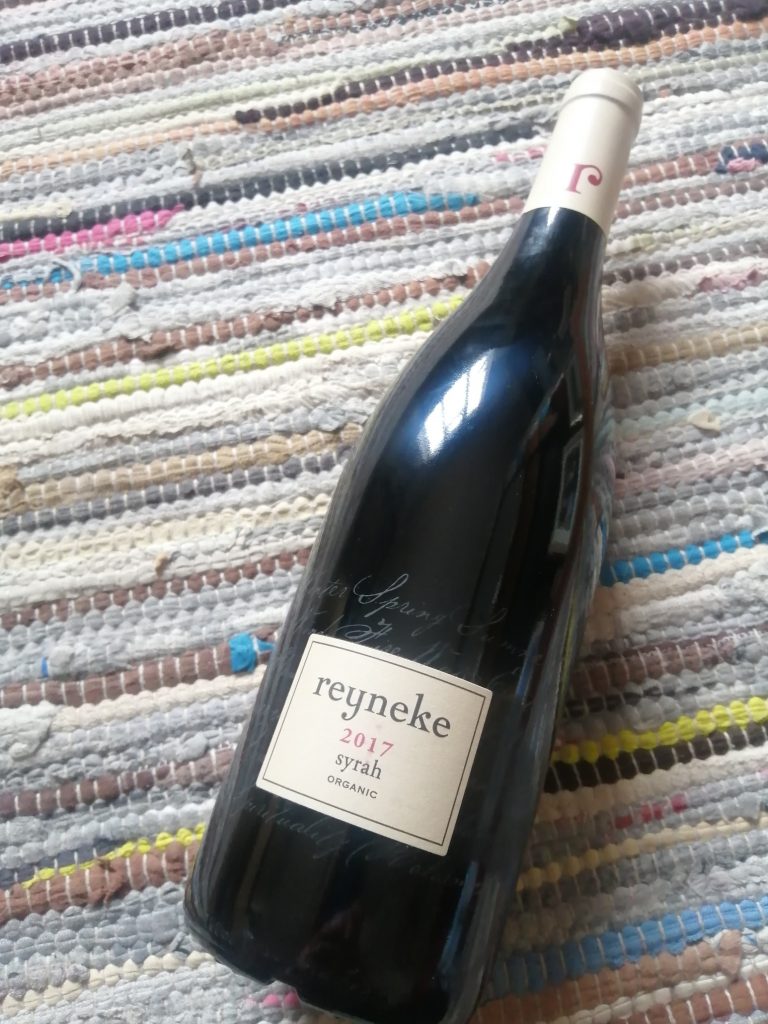
I want to look at something that has become firmly part of every person’s consciousness over the past couple of years, which is the Environment and the amount to which we affect it, both positively and negatively. In a couple of days time, it is World Nature Conservation Day 2020 on the 28th July and it’s a time to reflect on how we influence the environment we live in locally and nationally, and what we can do to ensure that we protect the natural areas that surround us.
Wolverhampton has so many great places to go wander around, and I have spent many a spare hour wandering around Pendeford Mill Nature Reserve or West Park in Wolverhampton, without really thinking at all about the threats that could hamper it from flourishing further. However, as I head hurtling towards my 40’s, I have become ever more concerned with how much my car usage, my eating habits and wasting of water affects the planet and how much of a much bigger amplification these things have, when it comes to the natural world.
It’s exceedingly easy to think the stock phrase “I don’t think little old me can make a difference” and I always thought the same, until the start of the year when I started to think a bit more about my daily choices. So, I cut down on the car journeys, I’m veggie twice a week, and I try and research a bit more about the wine that I buy, so I can get my favourite type of juice from producers who are doing their bit for sustainability and nature in general.
Growing vines to produce grapes for wine is detrimental to the environment. You probably have to clear the natural vegetation on hillsides, vines suck up nutrients from the soil, meaning less available for natural vegetation, chemicals used to keep pests from vineyards harm the ecosystem and according to one Chilean producer, it takes 2 tonnes of fossil fuels to transport a 1500 bottle order to the UK, making a massive impact on the carbon footprint of this nation. Wineries have realised that people are relying on them to become more conscious of their responsibilities and many have reacted so positively that it makes me proud to be part of this industry.
I’ve chosen 3 wineries that I admire for the ways they have stood up to be counted on the world wine stage and have changed and evolved their practices for the better of both the wine and natural world:
Wine 1 – Torres Floralis Moscatel Oro Dessert Wine – Available at Morrisons for £8.50

- Torres live off their philosophy “The more we care for the earth, the better our wine”, so have managed to reduce their carbon footprint, per bottle, by 30% up to 2019, and are aiming to reduce it by 55% by 2030.
- They capture the CO2 produced during the wine-making process and recycle it back into the winery to power the equipment within and have gone chemical-free by and large in their vineyards by capturing male insects using female pheromones in insect traps.
- This wine is made with the Muscat of Alexandria grapes, which is a favourite in Spain, making sweeter wine styles and is one of the only grapes that when it is made into wine, actually tastes of grapes
- Caramel coloured and sweet in smell, this has a lovely honeyed scent with a gentle burnt toffee and floral note. Caramelised sugar and sharp orange on the taste, stick this one with a passionfruit cheesecake and you are onto a winner.

Wine 2 – Bonterra Organic Vineyards Chardonnay – Available at Waitrose for £12.49
- Bonterra Vineyards have proudly been farming organically since 1987, far before it became fashionable to do so.
- They use sheep and chickens in the vineyards to eat weeds and devour insects which can damage vines; the chickens also help to aerate the soils by scratching at the ground around the vines, allowing extra nutrients to enter the soil.
- They create compost from used grape skins, vine cuttings, greenery to add extra nutrients to the soil and keep the soil healthy.
- They also use ‘cover crops’ (or crops that are grown in between vines) which help to retain the soil structure, compete with weeds for nutrients, to stop them growing & attracts pests to them, instead of the vines.
- This Chardonnay is a way away from the classic oaky, over-sweet style from the 90’s and 2000’s – Light lemon in colour, with a whiff of sharp lemon sherbet and white peach. Gentle oak as well on the nose. Soft and really nicely textured, it has a really powerful flavour of light tropical fruit with a crisp finish. Brilliant match with a curry, without doubt.

- Unbelievable dedication to their mantra of ‘Waste not, Want not’. Farmed to biodynamic principles (self sustainable and self supporting), not only do they make their own compost and do everything organically, they actually shred all their paper and feed it to their earthworms to cultivate vermin-compost for the vineyards!
- They study weeds to understand why they grow in the vineyards and plant competing plants to combat them, rather than kill them with weedkiller.
- They don’t use any preservatives, use natural yeasts to start fermenting wine and ‘use natural solutions for natural challenges’, which I think is so refreshing. Understanding why grapes do certain things when being turned into wine, rather than going for the chemical ‘quick fix’ is exactly what I want in my wine producers.
- Wow! So aromatic it is untrue. Warm fruit jam, sweet spice and plump plum on the nose. Rich and round on the taste, with lashings of cooked black fruit, but with a bit of minty freshness to boot. This has to be saved for your best steak dinner.
